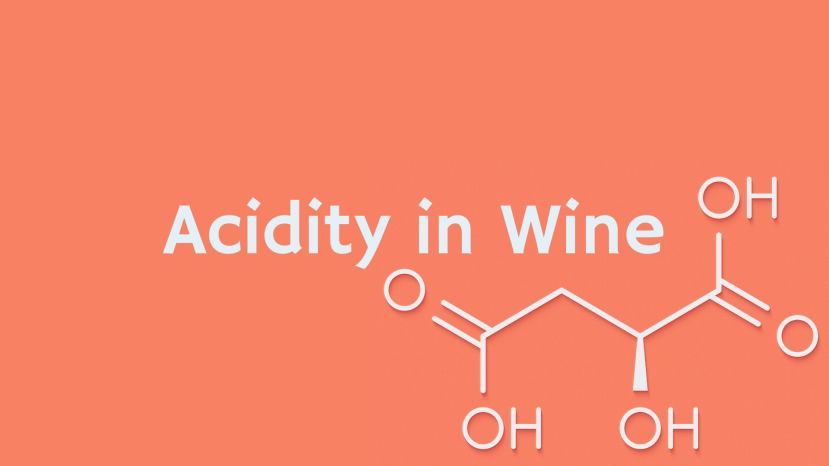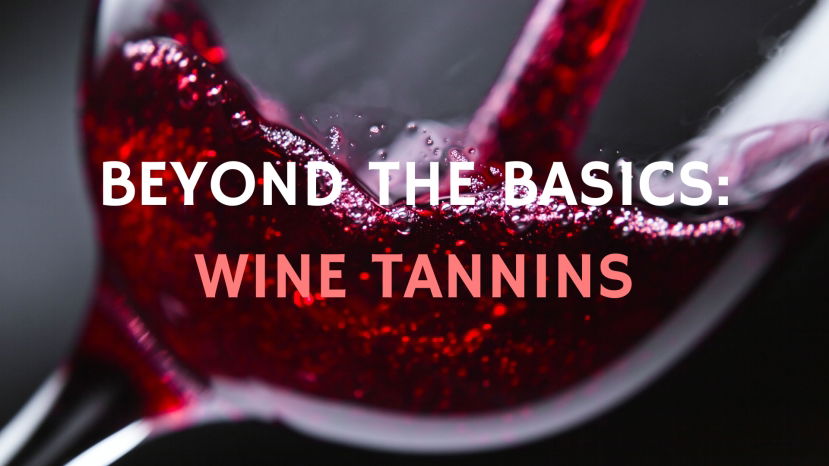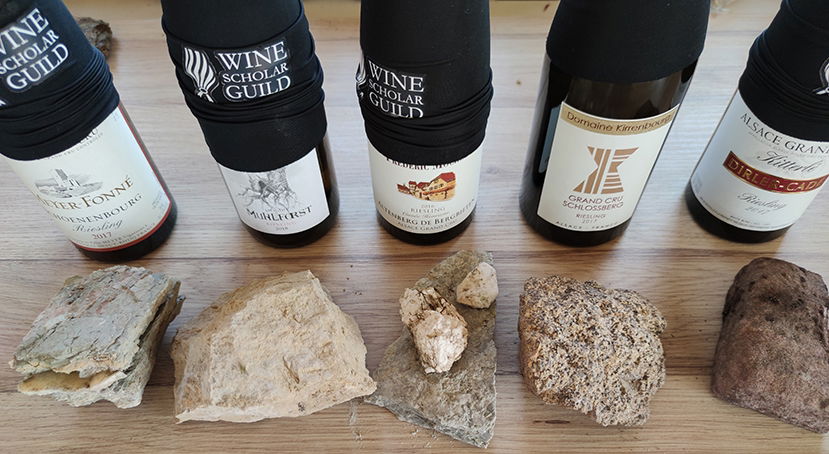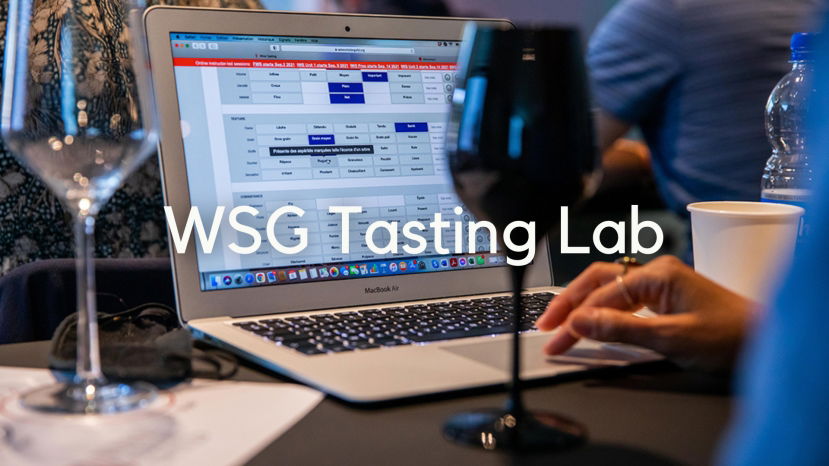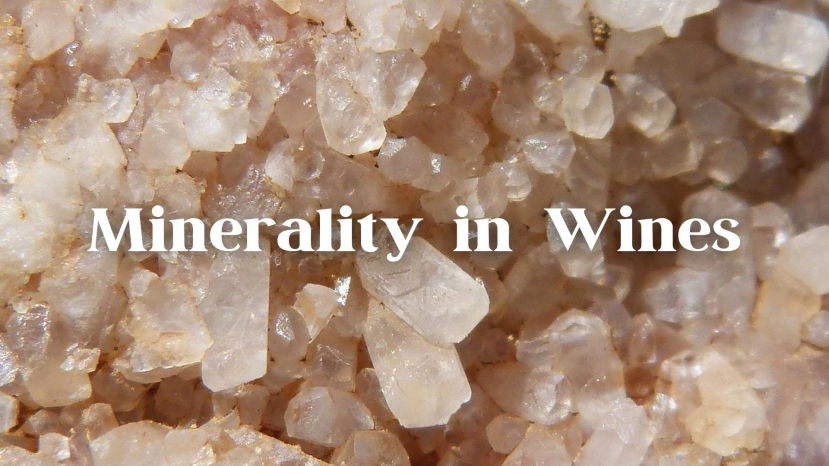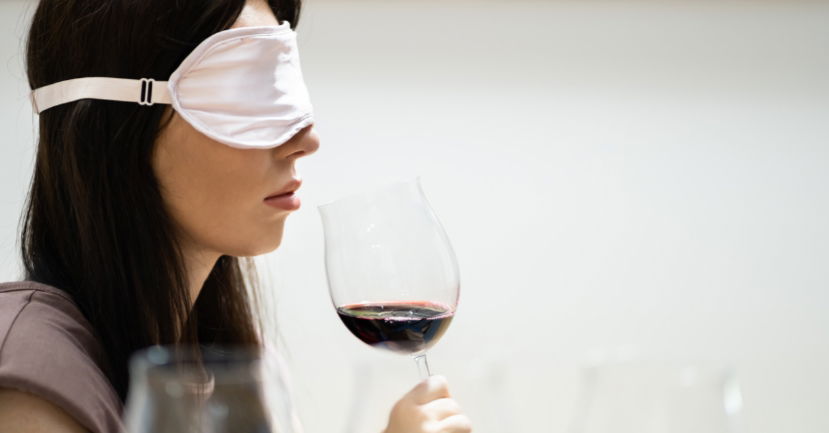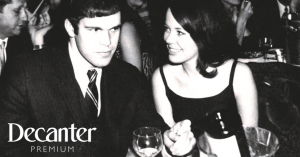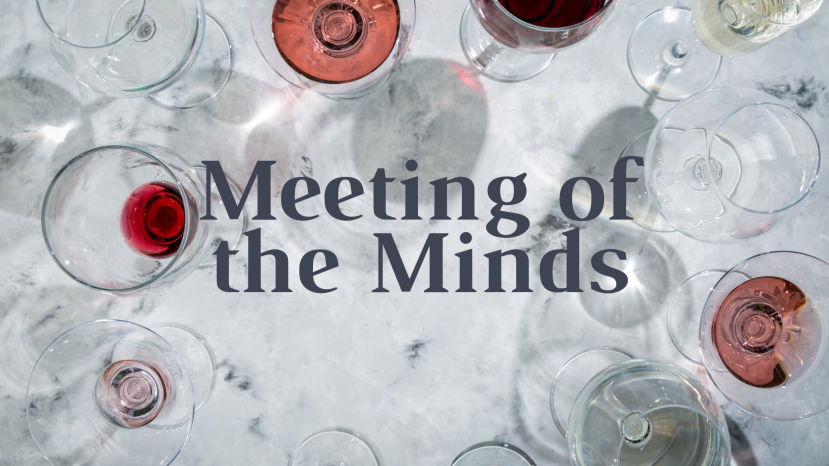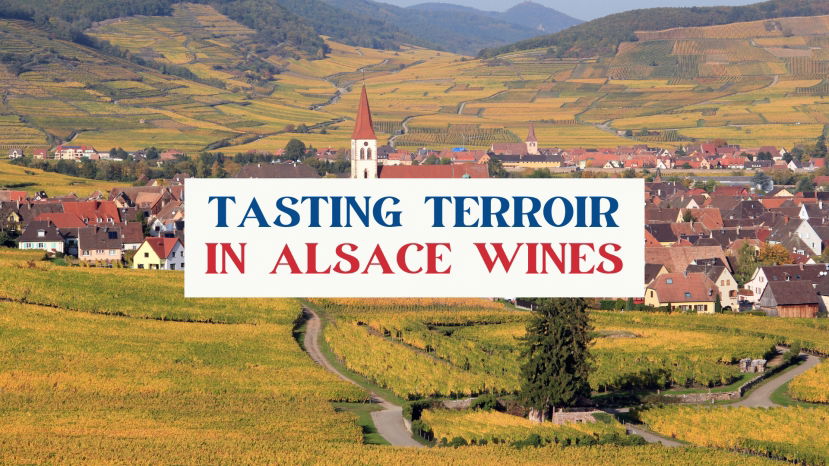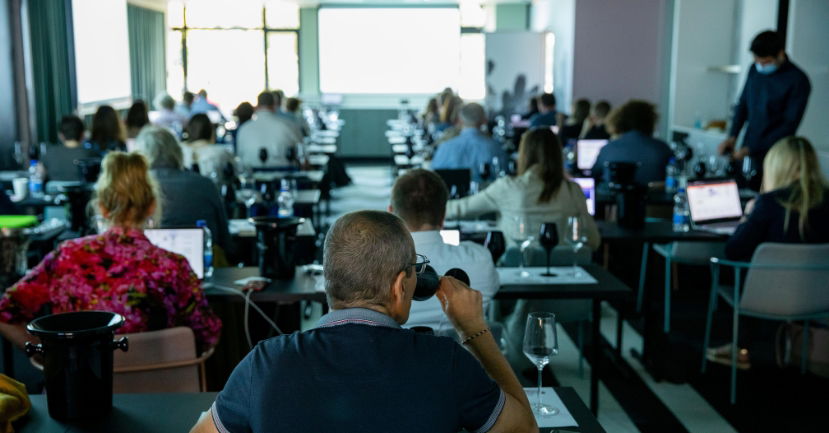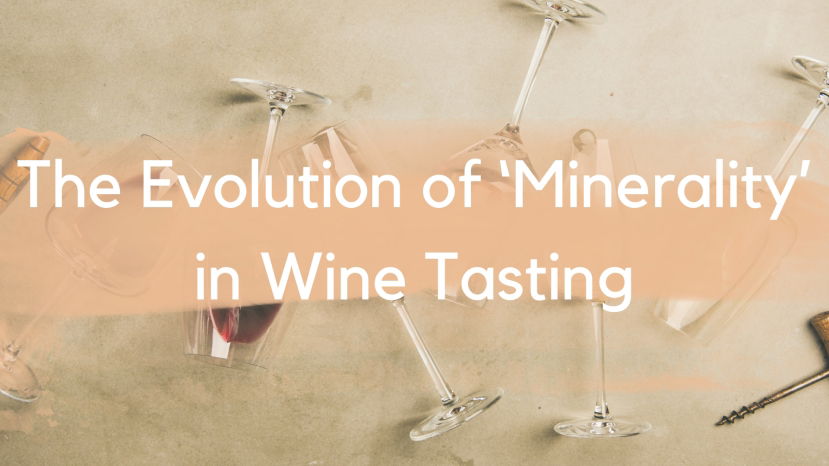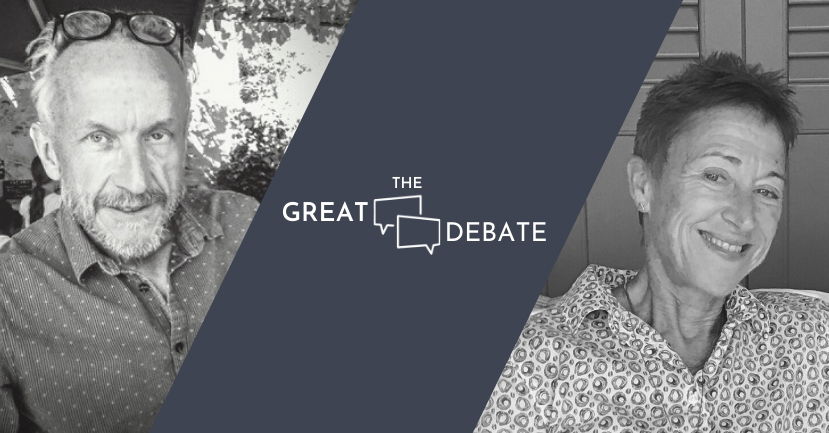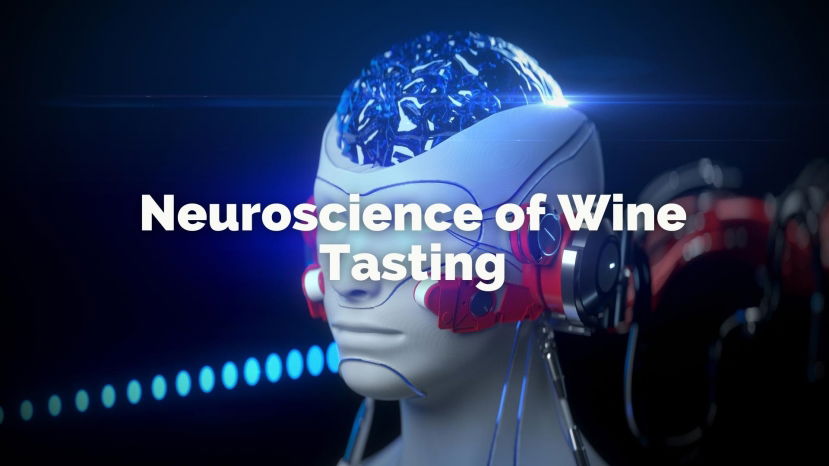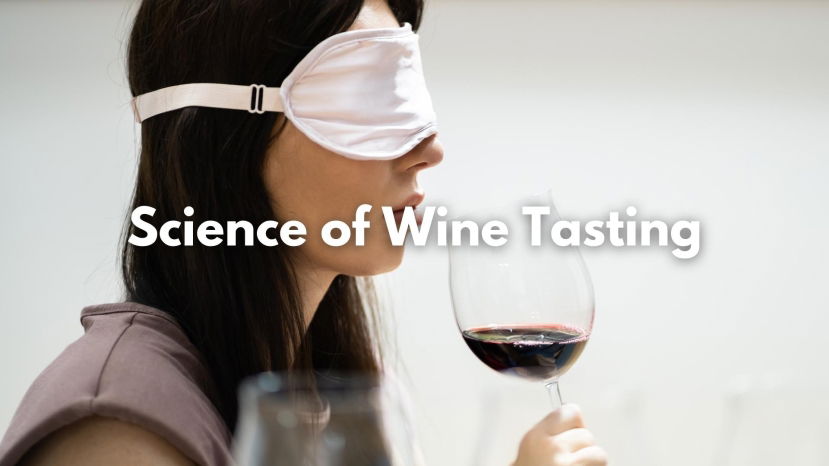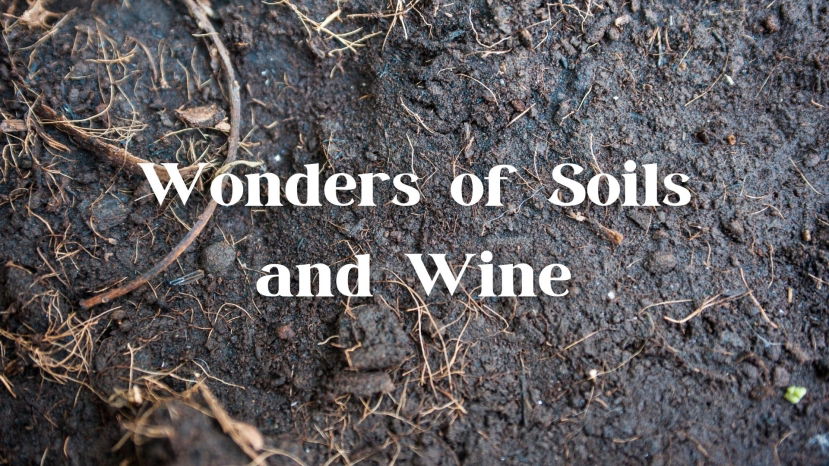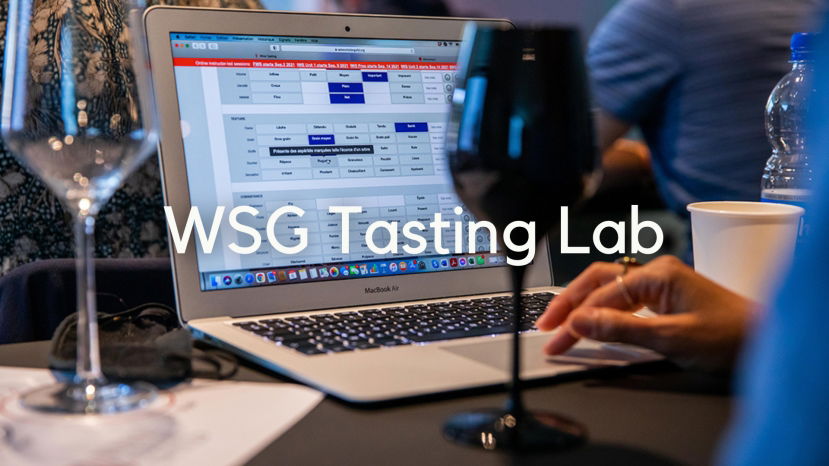BLOG
wine tasting
Summary:
Join vigneron Olivier Humbrecht MW, of the famed estate Zind Humbrecht in Alsace, for a deep dive into one of the key building blocks of wine: acidity!
In this WSG Live, you will learn about:
The different types of acids found in grapes and wine and their sensory perception
How to not only quantify but qualify acidity in wine
The viticultural factors influencing
Summary:
Polyphenols, in particular anthocyanins and tannins, are the main contributors to wine color and mouthfeel, and are strongly related to the wine quality evaluation.
In this WSG Live, an introduction to tannin's origin in grapes, evolution during ripening and extraction in the winemaking process will be explained. Moreover, the implication of the technological approach to vinification will be discussed, such as maceration style or the use of oak containers.
Summary:
The 'Beyond the Textbook' series seeks to get under the skin of specific varieties and regions from around the world. Here Justin tastes 3 amazing, but very different style from Viré-Clessé. It's Chardonnay, but not as you know it...
Details of all three wines can be found in the attached pdf
About the Speaker:
Justin Martindale is the Wine Scholar Guild Membership Manager and one of our in-house Masters of Wine. Justin passed the
Is a wine horizontal or vertical? Square or round? Hollow or dense? Relaxed or tensed? Grainy or smooth? This is a small sample of GeoSensorial Tasting vocabulary — a method that seeks to empower the taster to feel, interpret and give voice to wines of place.
By focusing on mouthfeel and assessment criteria such as energy, salivation, geometry, texture and consistency, this methodology helps you to better understand the nuances that a specific terroir, among other factors, brings to wine and helps you to express those nuances. It puts light on how, for example, Chenin Blanc wines from the schist soils of Savennières, the tuffeau of Saumur and the flint-clay and limestone-clay of Vouvray differ from one another. Quite an ambitious undertaking!
Summary:
Join WSG founder and president Julien Camus as he unveils the mask on the Guild’s latest initiative, the WSG Tasting Lab®.
The WSG Tasting Lab® is an interactive online tasting platform. It was initially designed as a tasting data collection and analysis tool as part of the Guild’s Architecture of Taste Research Project, which is aimed at developing a new and enhanced wine-tasting
Summary:
Minerality is now the single most widely used wine descriptor, yet its meaning remains elusive. Are we talking about a smell, a mouthfeel, a taste, or what? Does it depend on the grape varietal or wine style? It’s all very debatable, and in this webinar I will summarise studies illustrating how opinions vary.There are various suggestions on what may be prompting minerality but many commentators invoke a
This article is the first of an upcoming series by French neuroscientist Gabriel Lepousez. Gabriel is part of the Scientific Committee formed by WSG in the context of its "Architecture of Taste Research Project". He has also presented a fascinating segment on "The Neuroscience of Wine Tasting" as part of The Science of Wine Tasting Webinar Series which will resume with new episodes in the Spring of 2022.
The wine tasting paradox
There is a real paradox in the experience of tasting a product like wine. Tasting is such a familiar, instinctive, and seemingly obvious act; something that we take for granted. At the same time, wine is a one of the most complex sensory objects that we put into our mouths.
Indeed, wine is one of the rare sensory objects of our daily life which solicits all at the same time:
As part of a partnership between Wine Scholar Guild and Decanter, we are pleased to share with our readers this article pulled from Decanter Premium. Try Decanter Premium for 4 weeks for just $1! More information HERE
Robert Parker says a 100-point wine should be ‘as exceptional as a particular wine can be: a perfect blend of power, richness, texture, depth, length, balance, freshness, and of course a reflection of its vintage and terroir or origin’.
Here are Parker’s most memorable 100-point wines.
Summary:
Join Andrew Jefford and guests Gabriel Lepousez, François Chartier, Nick Jackson MW and Dr Jamie Goode as they exchange about the recent Wine Scholar Guild’s Science of Wine
Summary:
Alsace vineyards are one of the most renowned vineyard in the world, but difficult to define because of its geological complexity and numerous grape varieties. Through the grape variety, we will look at taste profiles that come from different soil types.
Presenter: Romain Iltis MOF
Romain Iltis is a French sommelier from Alsace who has won multiple awards including Best Sommelier of France 2012, Master of Port 2008 and "Meilleur Ouvrier de France", a
On the 6th of September 2021, Wine Scholar Guild hosted the first large-scale blind-tasting panel as part of its recently announced The Architecture of Taste Research Project.
Hosted at the Bristol Hotel in Colmar, Alsace, this panel tasting launched WSG’s research on the tactile and geosensorial tasting approach it developed over the past year.
The tasting was designed specifically to assess the experimental and innovative tasting grid that had been developed as part of the Architecture of Taste Research Project. Its eventual aim is a tactile and geosensorial tasting method which focuses on a wine’s energy, induced salivation, geometry/shape, texture, and consistency.
Such a tasting method would provide students of wine with an enriched and universal lexicon that not only assesses the qualities of a wine but also dives into the nature of a wine’s personality and, perhaps, its corresponding terroir signature.
The panel of tasters included owners or representatives of twenty top Alsace estates such as Albert Boxler, Weinbach, Marcel Deiss and Albert Mann. They were joined by a dozen wine professionals, including Pascaline Lepeltier MOF, a member of the ATRP Scientific Committee, as well as a dozen serious wine lovers. All in all, over 45 panelists participated in the tasting.
Summary:
This seminar explores the history, evolution and application of ‘minerality’ in wine tasting notes. In the rich lexicon of wine terms that have developed in the modern era, few have proved more important, and more divisive, than this one.
Justin conducted a content analysis of more than 20,000 tasting notes published in the UK’s Decantermagazine from 1976-2019, to chart for the first time the possible origins of the term, how and when
Few, if any, moments in wine are more dramatic than when a producer decides it is time to pick fruit. Whether they rely upon a Brix reading, a visual cue from the grape seeds, or the finely tuned instrument of their own palate, making the call to harvest a plot of grapes is a decision fraught with consequence. Get it exactly right and you can have a legendary vintage. Get it wrong, and nothing that follows from the vine to the winery to the bottle can make up for an ill-timed harvest.
“Ripeness is balance at its apogee,” notes Julia Harding, a Master of Wine, wine critic, contributor to JancisRobinson.com, and the co-author of the often-referenced book Wine Grapes. Yet given the frequency with which “ripeness” and “balance” are used as terms in wine discussion, it is worth our time to take a step back and try to find a consensus on what they actually are (or even, if they are the same thing), and the ramifications this may hold for our sensory perception.
As we discovered, defining where that apogee of balance lies can be exceedingly difficult. Balance “resists codification,” says wine writer and Wine Scholar Guild Academic Advisor Andrew Jefford. “It varies culturally; it varies by individual; it varies by region and by variety.”
For our latest Great Debate, Andrew Jefford and Julia Harding tackle the finer points of ripeness and balance in wine. Their back-and-forth covers a lot of ground: how to decipher balance on the palate, the differences between tasting wine and drinking a wine, putting the value of alcohol levels into context, the role climate change is playing in defining our sense of taste, and even the dangers of allowing one’s intellect to override the sensual response. All of it, Jefford suggests, is in a quest for, what he calls, “resonance.”
While we may not have arrived at any convenient new truisms, in the end, wine’s remarkable ability to reveal the harmony of nature is — at least for now — something we can all agree on.
Summary:
Your brain —and all its sensory extensions in our eyes, nose and mouth— is your essential “tool” to perceive, remember and judge all the sensory components of wine. But do you really know how your wine-tasting “tool” works? Current advances in neuroscience are profoundly modifying our knowledge of the sensory and cognitive mechanisms of wine tasting and invite us to revisit the art of tasting.
Bridging the gap between oenology, psychology and neurophysiology,
Summary:
Wine tasting is an unique perceptual experience which endeavors to unify the numerous molecules present in the wine (and the elements around the wine) into a meaningful representation in our mind. Wine tasting often focuses on the object of the experience, that is
Wine Scholar Guild is currently developing a wine tasting diploma with a difference – stay tuned for an announcement in early 2024. This revolutionary course will allow students to take their critical tasting skills to the next level and gain deeper understanding of expression of place and terroir in wine. The course delves deeply into neuroscience and a qualitative approach to wine tasting, with an emphasis on texture and mouthfeel. We consider many elements that are neglected in traditional tasting methodologies, such as energy, vitality, salivation and digestibility. In this article, Simon J. Woolf asks what makes the difference between mass produced commodity wine and artisanal wine that reflects its origins.
Summary:
In this webinar I will address some of the intriguing questions you submitted. Varied they were, but many had a common thread: what is it about a particular soil that is so important for certain wines? I will look at some general ideas about such claims, and then consider some specific examples, such as slate in the Moselle and Priorat, granite and diorite in Beaujolais.What exactly is the difference
Summary:
This wine has high acidity, medium alcohol with medium body, and aromas of lemon, lime, and wet stones. Sound familiar? Wine-tasting notes can appear strikingly similar on paper, especially when tasting a suite of comparable wines. As a taster, how can you differentiate them? Do we learn anything about their terroirs or production methods from this type of tasting note?
WSG’s Tasting Lab® allows you to take your tasting skills to the next level and qualify (and

